Interview with George Bennett
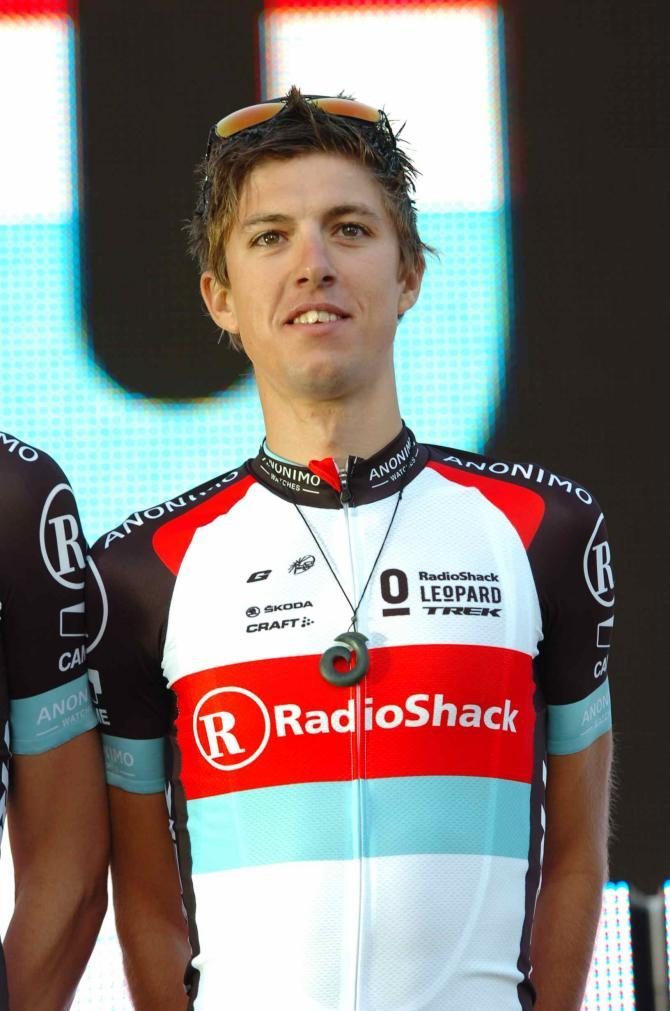
In 2013 George was new to Europe and the Giro was his first crack at a 3 week stage race.
At the time I was writing a regular column for the now-defunct NZ Road Cyclist Magazine. I travelled to northern Italy to follow the Giro d'Italia and leveraged my press credentials to conduct this interview with George Bennett on a rest day in the French Alp town of Valloire.
I wanted to talk about the uniqueness of George's day-job. One thing that fascinates me about sport (and cycling specifically) is that for most people its a hobby, a pastime, and a way of relaxing but for a select few it's a job and there aren't many other jobs like it.
Cycling is even more unique in that us amateurs can ride the same roads as the professionals often only hours apart - try and imagine a casual tennis match the morning of Wimbledon!
- Tristan
This interview was first published in 2013 in NZ Road Cyclist Magazine.
TT: There are New Zealanders who have turned professional before you but you seem to be the first of the new wave.
GB: yeah I guess because there a few guys that came though the track program. I think I'm one of the only roadies that has come the independent way. I just put my bike in a box. I was 18 and thinking “right, Tour de France here I come” but I was a mountain biker and I didn't see a pathway. So went I to the road. I'd never been chosen for the NZ team or anything so I just went over to Europe. Tim Vincent had a friend who knew a guy who knew a guy that said I could stay there and race for this team. I got to Europe and found there was no team, just a small bike shop. I was taking the train to races and if I didn't do well in the race it was really touch and go as to whether I'd be able to pay for the train back. It was really full gas. But I won a race while I was there and as it happened another Kiwi was there racing and two or three weeks later he emailed me to say that his director was at the race I’d won and that a spot had opened up on his team - would I like to come and live and race with them.
And I was like “shit yea” - so there were three of us living in this one-room apartment that had only enough room for bunkbeds and we had a tiny kitchen which would only fit two people max, and a tiny bathroom.
TT: Living the dream!
GB: Oh man, that was the hardest thing I've done in my life that year. The first month especially.
But that first French team is where it all started and where the next wave went to. The year after me it was Kieren Handbrook, the year after him was another guy from Nelson Joel McMillian, and then Sean Handbrook, and this year there are 6 kiwis there.
It was definitely a different pathway, just going over and trying it.
TT: And making it!
GB: Yeah, well the amount of times I think “if one thing hadn't happen...if I hadn't won that one race” - there are so many things which I was lucky. You needed to work hard but you needed luck as well.
TT: That's just life isn't it?
GB: Yeah it is. And it's hard to know whether if those things hadn't happened that I would have worked hard to make others happen.
TT: Not to pick on your home town of Nelson but it's a small town and the life you're living now is very different. Does it sink in sometimes or is it still surreal?
GB: Only when I stop to think about it. At the moment in the middle of a 3 week bike race, not really. I'm tired, I've got a race tomorrow and I've got all this other stuff to do. But when I do stuff like this interview and you put it into perspective then it sinks in.
But even for the guys who didn't make it as professional rider, the experience that you get from leaving home and living away from home with 5 other guys in a shitty house in Belgium. Maybe you start Uni or your apprenticeship a few years later but you learn so much. That first year was the steepest learning curve of my life.
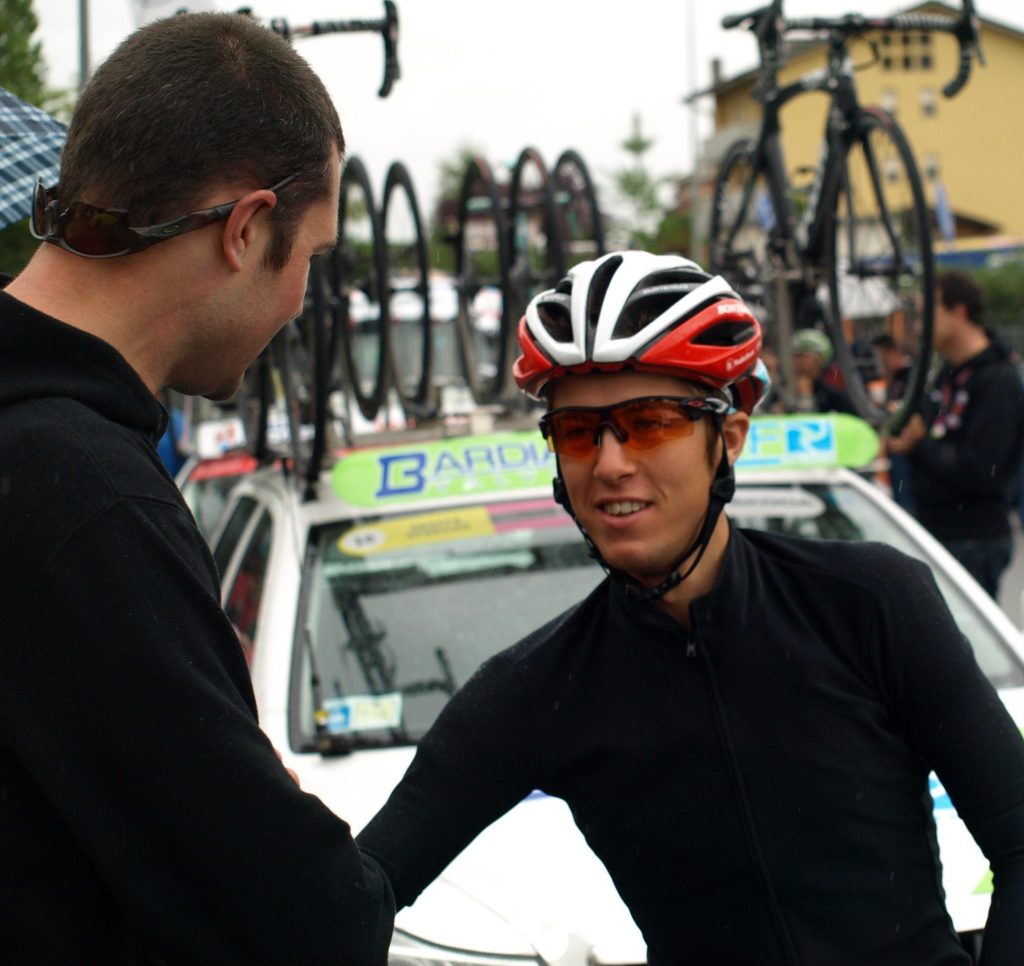
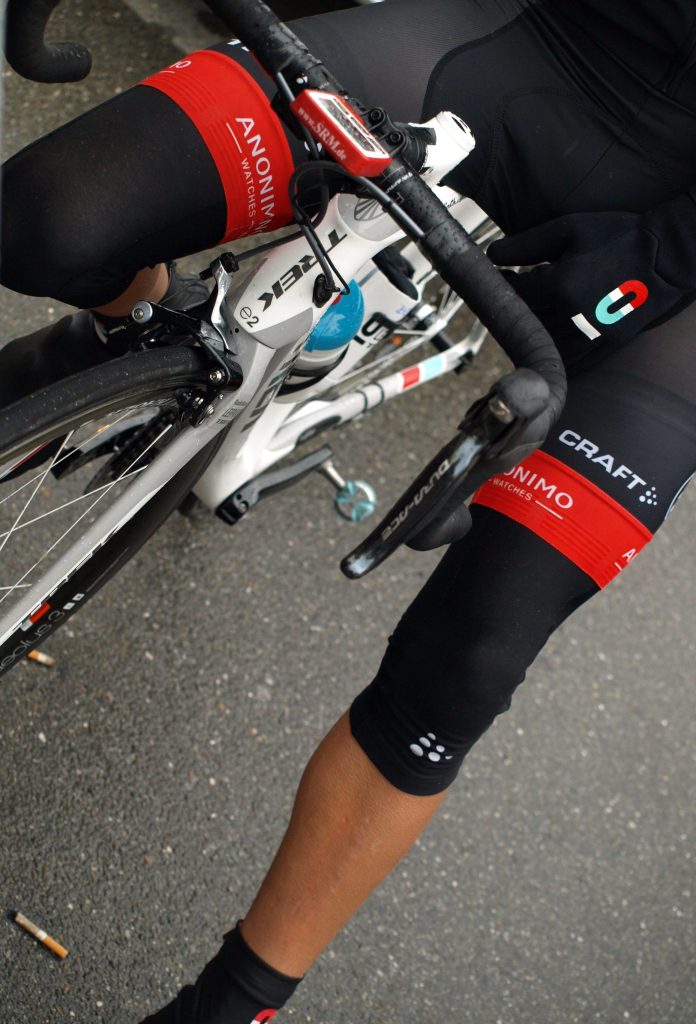
TT: So how has it been racing through the rain and snow of this years Giro? That must feel like work – you must get moments where it's just hard bloody work.
GB: There are a few times this week I thought “this kinda sucks.” For me it's always when it's freezing cold because it's just physics: a simple volume to surface area ratio and I get colder than other people. It's not like “shit, I've gotta go to work today” or “shit, I've gotta ride my bike today” you just ride your bike without thinking like that but when you're on the bike you think “shit this is hard” .
I know there are some people for whom this is just a means to an end and they just happen to be good at cycling and they just do it for the money. But I'm lucky that I enjoy it and that I want to do better.
TT: Your job is pretty unique. Most people that work in an office building- it doesn't start hailing on them while they're at their computer typing into a spreadsheet
GB: Ha! Yeah sometimes it's epic though. Yesterday when I was riding up through the snow I was tired and really cold and I had to climb a 15km mountain but I'm thinking “wow, this is the Galibier....”
TT: So this is your first grand tour. How did it feel to get picked?
GB: I knew last year that this year i'd ride a Grand Tour everything going to plan. The key word is “normally” - everything the team says is “normally you do this...” and in December training camp they said they wanted me to do the Giro, they were going to put 11 guys on the list and 9 would ride.
So I went to Tour Down Under and I was pretty good there and afterwards I just rested and built everything up for the Giro.
About 4 weeks out I was so pumped up for it but once it started I was calm and ready. A Grand Tour lasts three weeks and you just can’t be pumped up or nervous for three whole weeks, it’s impossible.
It was a circus when we arrived in Napoli! Rough roads, crazed fans, mafia, everything. But I didn’t have time to think about it and all of a sudden it was the team time trial. I found that stressful; there is so much pressure to not ruin everyone's Giro. This one was a hilly course which suited me – when we're going up a hill I'm pretty good and when we're going down I'm sweet. It was just the flat bits in between where I had to hold onto Roly and Jesse as they ripped it.
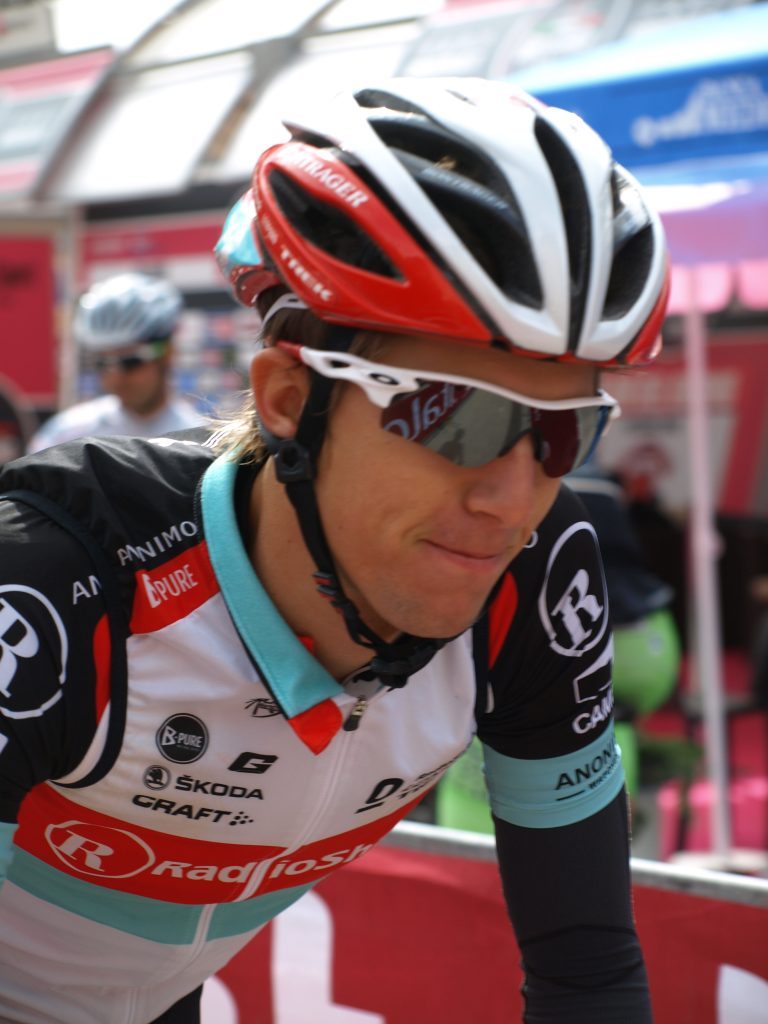
TT: What about getting sick? If I get sick I’m able to take a day off work, stay at home and watch some cycling on TV.
GB: It was bad for me. When I got sick this time I knew it was coming. I was quite off for a few days and then one day I woke up after a bad sleep with sweats and a fever of 38 degrees but luckily it was the timetrial day. So I could take it easy and get through the TT easy, then I suffered like a dog the next day, and then we had a rest day. So I dodged a bullet really. There have been guys getting sick before hard mountain stages and they have to go home, or they suffer through with the groupetto but they're never the same.
TT: Well in normal life when you get sick you take a day or two off and you get better so quickly but if you're trying to ride 215kms in the rain...
GB: Yeah if your sickness doesn't get worse it certainly isn't going to get better. Look at Wiggins, you could see on his face that he just looked bad. Its different for guys like him though because he's got other objectives. It's just a case of whether it makes sense to struggle or not. For me it's my first Grand Tour and it makes sense to struggle, but for other guys that have gone home they could have struggled through but they're making a strategic decision to worry about the rest of the year.
TT: So today's a rest day. For most cyclist that means a sleep in, bacon and eggs for breakfast, and one coffee too many.
GB: Well I had a drug test this morning which put an end to my sleep in! As a team we rode down the Telegraph, rode down the valley, went to a coffee shop, sat there for about 40 mins, got picked up in the team car, and drove home. I then went to lunch, had a massage, and now just enjoying a cruisy afternoon. Basically trying to stay as horizontal as possible – don't do anything and eat heaps.
The eating is interesting. I haven't struggled yet but there is this myth that you need to be full all the time, but I think that eating a lot takes a lot of energy as well to digest so much food and makes you so lethargic. So that's been a good learning experience for me – I've had 2 weeks to play around with eating too much and eating too little. I haven't hunger bonked yet but I'm sure it will happen.
TT: Are all your meals prepared by the team?
GB: Normally every Grand Tour has a cook but we don’t for this one because the food in Italy is so good compared to racing in France with soggy pasta and carrots. For the other tours we'll take a chef.
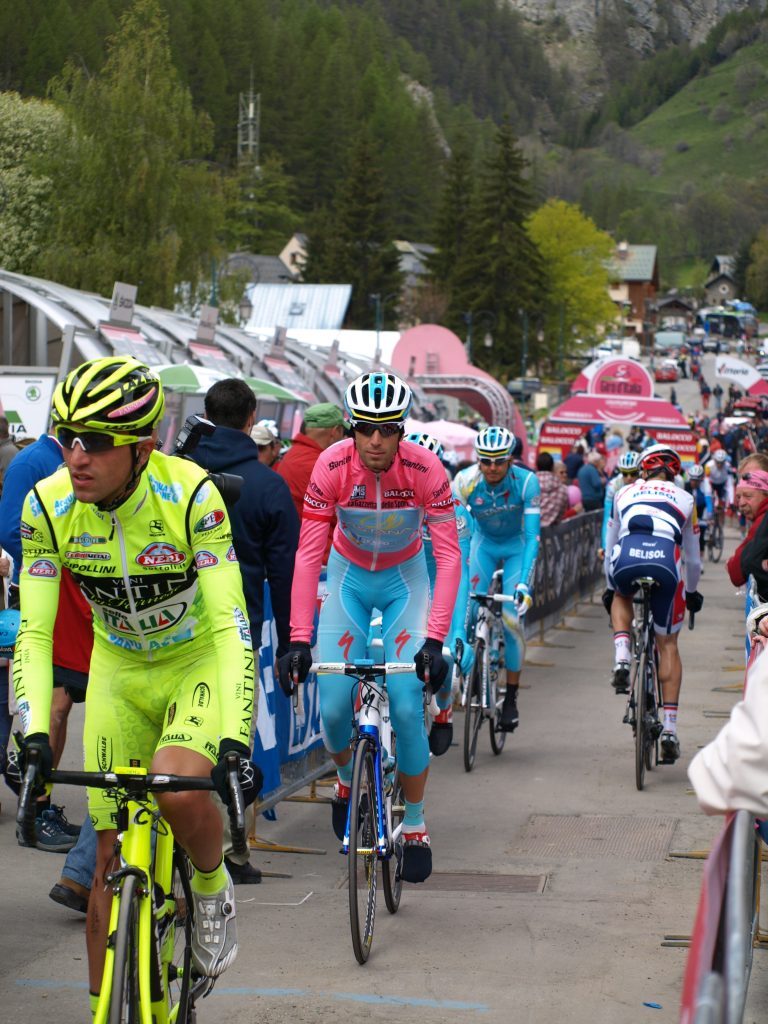
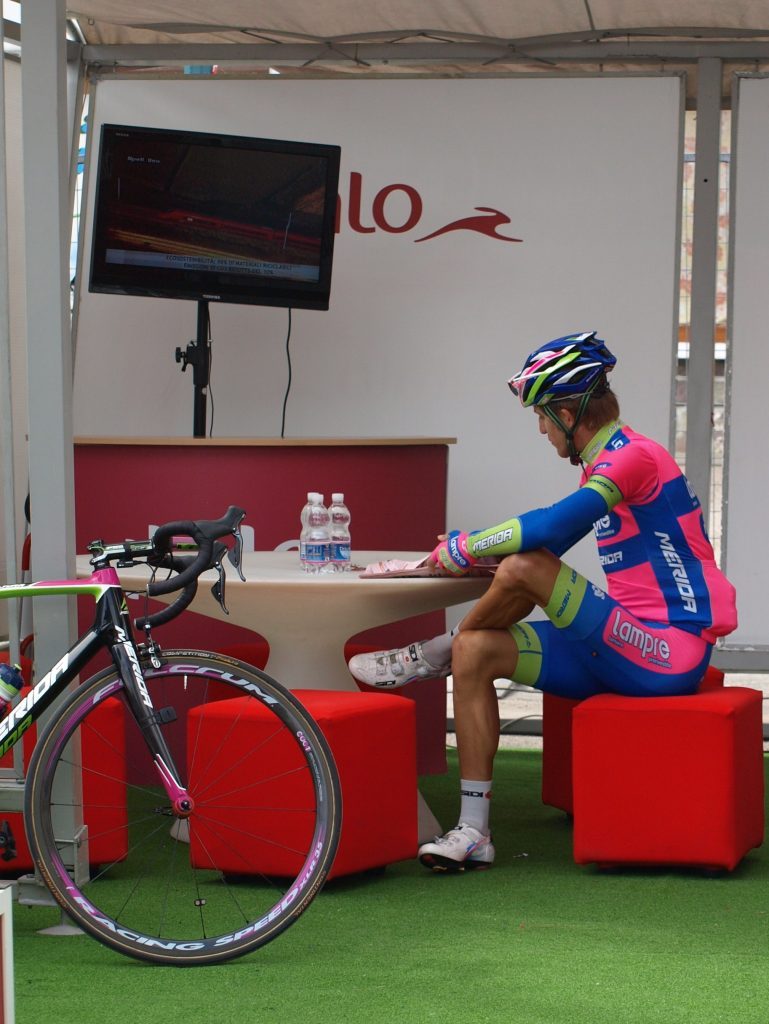
TT: The infrastructure of the team blows me away: 5 mechanics, 5 soigneurs, 3 directors, a doctor, press officer, logistics person and bus driver. So 17 staff. How does it make you feel when they're all here relying on you?
GB: They want us to do well and they're super supportive.Everyone is like a big family. I've got a good soigneur, he's been a soigneur for Lance and everyone good. It's good, he knows when I want to talk about cycling and when I don't want to talk about cycling.
Everyone is relaxed. We race hard and then off the bike we have a good laugh. Especially racing this year with the other kiwis has been a good laugh.
I’ve got a good team of people around me, a great coach and great support. And other guys like Robin Reid; he knows so much about bike racing and just brings it back to earth now and then. And other Kiwis like Julian Dean, Jesse and Hayden.
TT: The science side of the sport seems to be increasingly important and I guess Sky have thrust that into the limelight with the marginal gains.
GB: I think the thing about Sky is they have the media to tell everyone about it, but it’s not like the other teams are training in the stone age.
Each day I send my power files and a note to Dan Healy my coach and I write down how it went and if I was good or if I was bad .
What he’ll do is look at all of this data, every race and every comment from every stage and work out work out first why things have gone wrong this year and next year we’ll know better.
I’m a big fan of using power but probably because the numbers tend to be in my favor! But I really do need someone to go through the numbers and help me with them.
Since working with Dan I’ve understood where the number can take me. But there are some guys who are really live or die by the numbers, but I think that sometimes you just have to go by feel. If you’re always looking at the powermeter you’ll forget how to race. It’s not about who did the best numbers, it’s about who got across the line first.
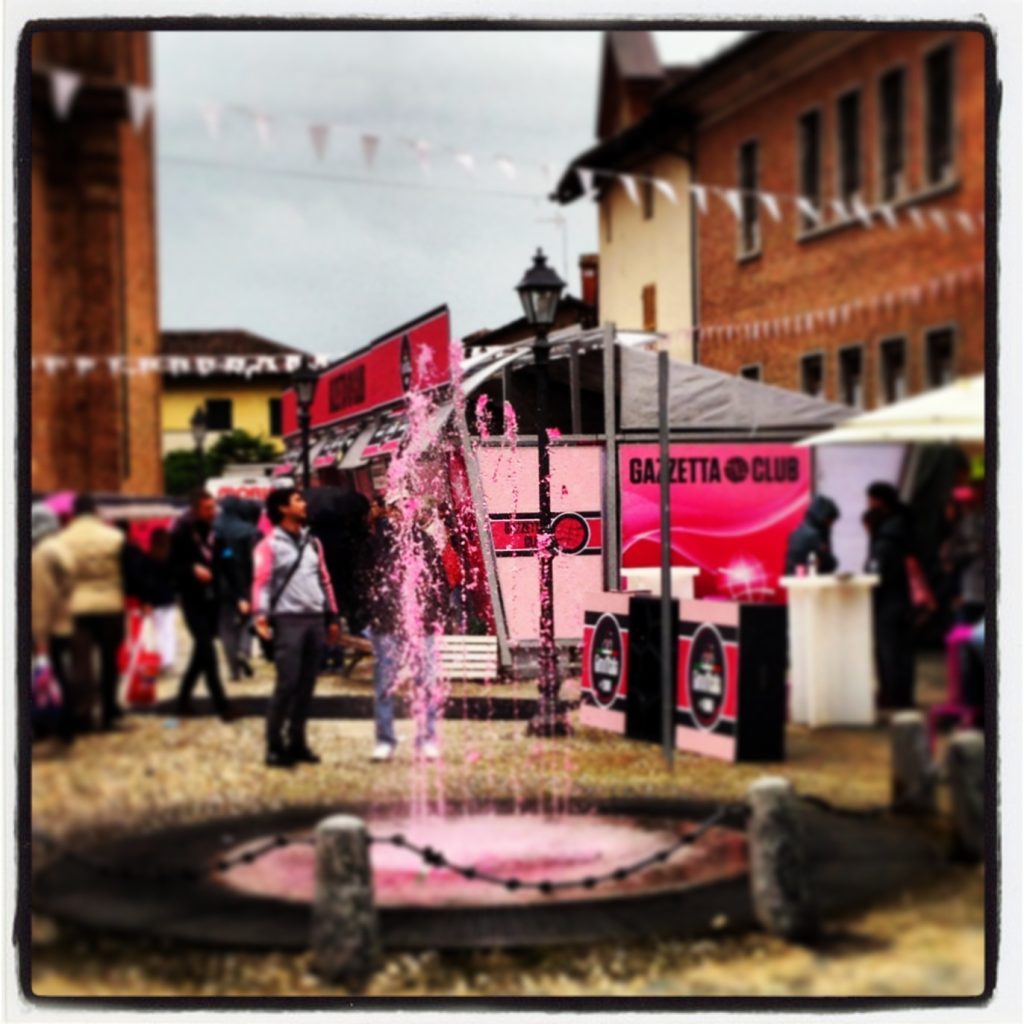
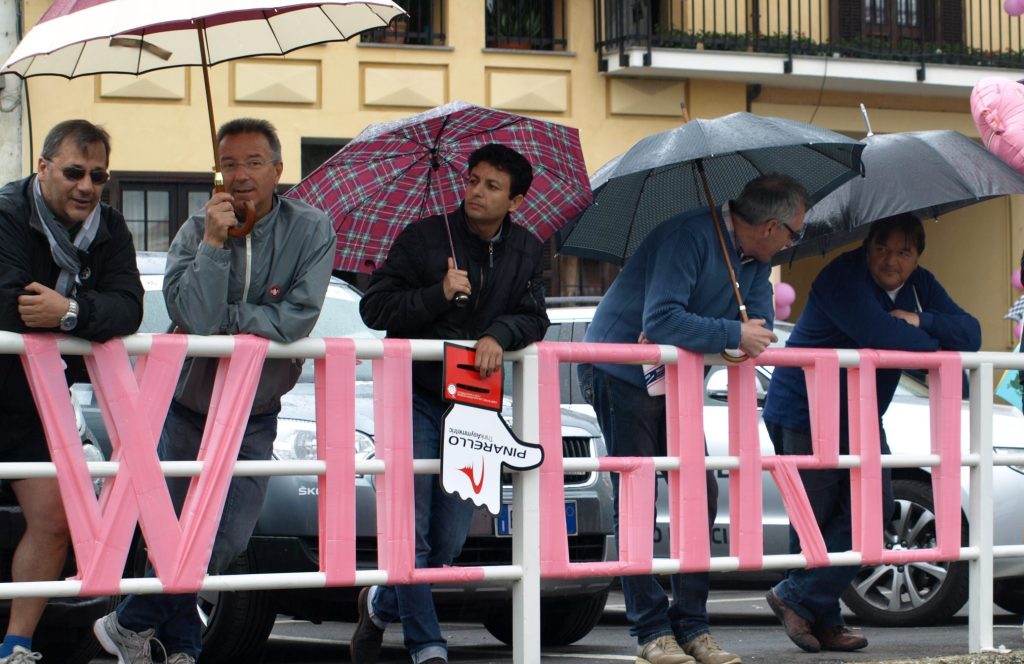
TT: Are you picking up souvenirs of the race?
GB: That's one thing Dad's always said “whatever happens with your cycling try and soak as much of it in as you can.”
I try and take a bit of that in, but it's hard. If I was here at the Galibier on holiday I'd be off exploring the hills and the bridges, but it's different racing. Especially at the Giro – you get up, get on the bus, race, get on the bus, lie down. I’d struggle to name half of the towns we’ve finished in. On the road you definitely see some cool stuff but I don't do the tourist thing.
I remember my first World Mountain Bike Champs in Italy 2008 we did the race and then went around stealing signs and everything we could, wide-eyed and excited. Since I went pro I keep the race book and I keep my numbers.
TT: do you keep a diary?
GB: No. I keep all my race numbers though, right from my first Rainbow Rage, and I write on the back of them something about the race – where I finished or if someone in the team won the race. At home I've got a wall just covered with numbers.
TT: So what's this year's Giro number going to have written on the back?
GB: Hopefully not DNF! I guess we'll see in 6 days.
